by Norris Rettiger
As someone who has graduated with a BFA in Creative Writing, I know there’s a strangely consistent correlation between writing that tries to “break down conventions and experiments with the form” and writing that is utterly unreadable. I’ve read it, hell, I’ve written it. We all know it, because sometimes it manages to pass through the filters of the publishing sphere and maybe lands itself squarely in the “revolutionary” or “visionary” box, and it is hailed by critics as being the hottest book you’ve ever laid your sensitive little bookworm hands on… but it still has that remarkably under-mentioned quality of being painfully unreadable.
 Raphael Bob-Waksberg’s book, Someone Who Will Love You in All Your Damaged Glory breaks down conventions in the conventional “breaking conventions” genre by being an absolute joy to read from cover to cover. Rarely will the comments “brilliant disregard for deeply-entrenched constraints of prose” and “the funniest summer read on the shelf” sit so close to each other as they do with this gem of comedy and insight.
Raphael Bob-Waksberg’s book, Someone Who Will Love You in All Your Damaged Glory breaks down conventions in the conventional “breaking conventions” genre by being an absolute joy to read from cover to cover. Rarely will the comments “brilliant disregard for deeply-entrenched constraints of prose” and “the funniest summer read on the shelf” sit so close to each other as they do with this gem of comedy and insight.
There’s so much that could be said about the humor, the creativity, the style, and so on, but the real reason to fall in love with this book is: this book has already fallen in love with you. That “You” in the title? That’s you. And that “someone” is Raphael Bob-Waksberg, who has filled this book to bursting with absolute, undying affection for the human condition in all its damaged glory. This is a book that doesn’t only feel like it was written about you (it’s the most relatable thing ever), it feels like it was written for you. Bob-Waksberg writes like a good friend coming up with magnificent and personal stories that will help you through late night anxieties and those sudden moments of hopelessness that can make us all feel like we’ve missed something important. Someone Who Will Love You in All Your Damaged Glory might be about the ways we mess up and struggle to live honestly and meaningfully in a messed up world, but in those hard and sometimes bizarre moments we are at our most human, and Raphael Bob-Waksberg is celebrating and loving that humanity with every page he writes.
Whether it’s finding strange beauty in nonsensical wedding rituals or that moment of eye contact on a train that sometimes lasts a lifetime, no story loses touch with humanity, even if they do tend to spin off from reality. With creativity and a heightened sense of events, Bob-Waksberg takes our quirks, fears, loves, and wonders and explodes them up in bursts of narrative genius that make you laugh for pages on end, thinking to yourself that surely nothing could be so accurate and so ridiculous, but then, when each moment lands, he allows us to feel the honesty of what he wrote, and the emotions of what we’ve been laughing at.
Sometimes, I think, we start to believe, mostly subconsciously, that the best books are written by the best liars; lie upon lie, creatively layered so deep and dense until we believe it, until we are convinced. But this book reminds me that’s just not how it is. The best books are written by the truth-tellers. Raphael Bob-Waksberg is a truth teller. These stories tell the truths we forget and the truths we tell ourselves are lies, the truths that are hard to stare in the face and the truths that can only be shouted after a long silence. Truth is quiet, truth is unpredictable, truth is big, truth is weird, truth is too much, and truth is everything. I guess you might say truth is us, and maybe that’s why we like it so much.
For anyone who recognizes the fact that nothing will ever be quite as strange as people, these creative and completely original stories will be a comfort, a wild ride, and a mile or two in the never-ending marathon of human empathy and our desire for connection. This is the book for anyone looking for a fresh, modern, and incisively humorous take on human relationships and the many ways we just can’t seem to stop making a beautiful mess out of our strange and brief time on earth. It’s one of my favorites of the year.


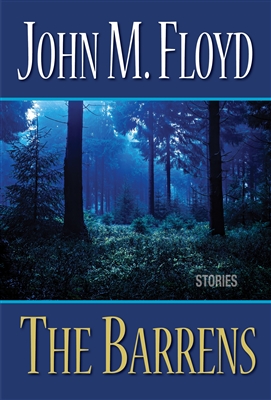 Well, the season is upon us: hundreds of hungry children dressing up like princesses and superheroes, anticipating candy by the truckload. But my treat came early in the form of John M. Floyd’s seventh exciting collection of mystery short stories.
Well, the season is upon us: hundreds of hungry children dressing up like princesses and superheroes, anticipating candy by the truckload. But my treat came early in the form of John M. Floyd’s seventh exciting collection of mystery short stories. 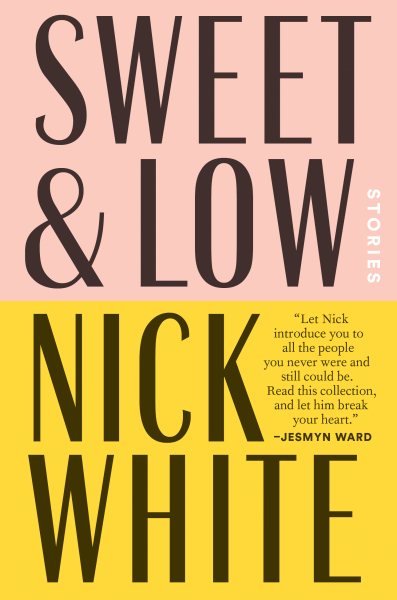 The plots of White’s stories, when summarized, sound like the standard fare of short literary fiction. Lovers endure a strained vacation in the touristy Tennessee mountains; an angry father stares down his impending death; a young boy makes a brave choice that results in an uncomfortable coming of age. But in White’s hands, these small personal dramas are spiked with edgy hilarity.
The plots of White’s stories, when summarized, sound like the standard fare of short literary fiction. Lovers endure a strained vacation in the touristy Tennessee mountains; an angry father stares down his impending death; a young boy makes a brave choice that results in an uncomfortable coming of age. But in White’s hands, these small personal dramas are spiked with edgy hilarity.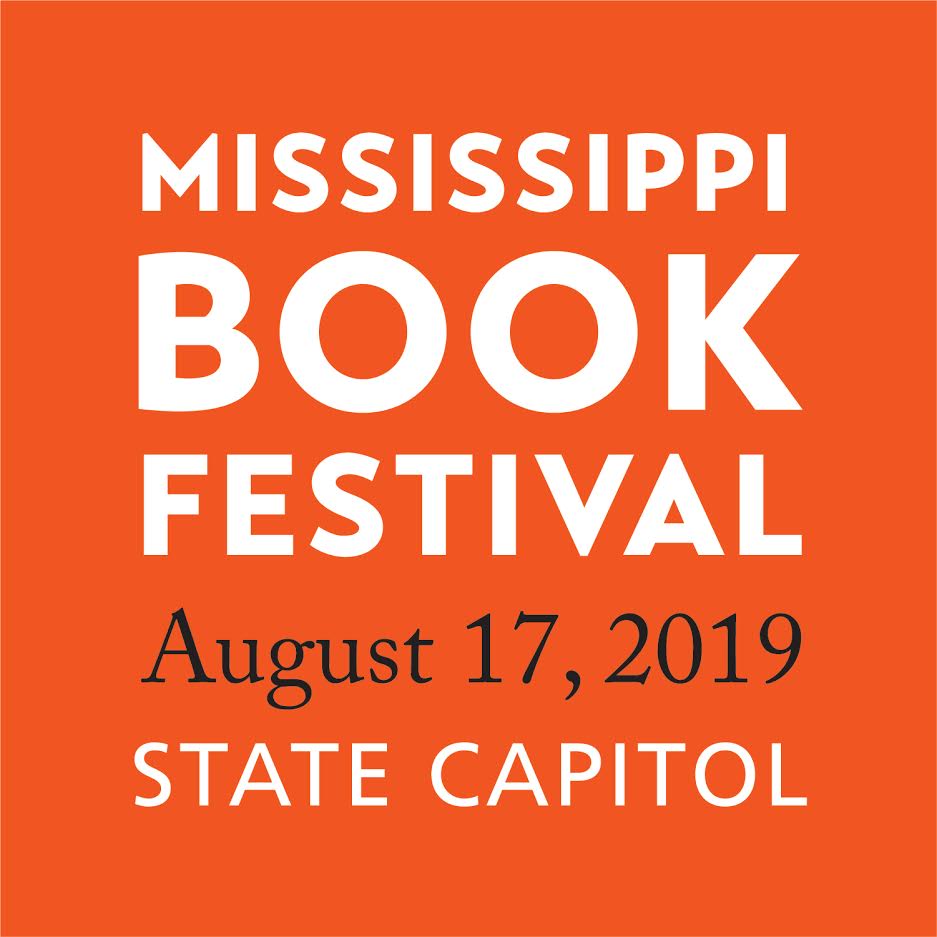
 I’m not a huge fan of short stories but when I heard that Lauren Groff was coming out with a new book of them, I knew I had to read it. I finished
I’m not a huge fan of short stories but when I heard that Lauren Groff was coming out with a new book of them, I knew I had to read it. I finished 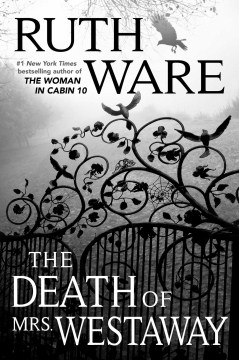 While digging my toes in the sand, I read two page turning mysteries. A tarot reader in dire need of money is told that she has inherited a small fortune in Ruth Ware’s latest thriller,
While digging my toes in the sand, I read two page turning mysteries. A tarot reader in dire need of money is told that she has inherited a small fortune in Ruth Ware’s latest thriller, 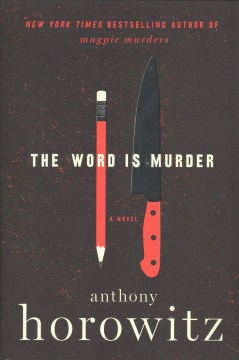 The Word is Murder
The Word is Murder The only book I read in May that isn’t new, was
The only book I read in May that isn’t new, was  I will lastly mention David Sedaris’ new book
I will lastly mention David Sedaris’ new book 

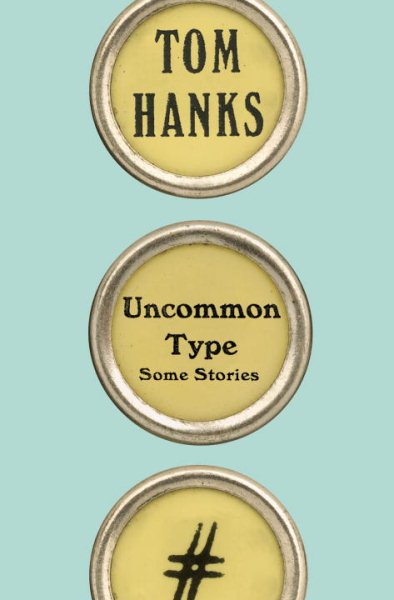 There is also, of course, the underlying presence of typewriters. For those of you who don’t know, Hanks has a slight obsession with the machine. He even typed up this collection on one. So he made sure that one crops up in each of his stories in some way, just another element of the “yearning for older times” theme that’s present throughout the book. In particular, “These are the Meditations of My Heart” is all about a woman who falls in love with typewriters.
There is also, of course, the underlying presence of typewriters. For those of you who don’t know, Hanks has a slight obsession with the machine. He even typed up this collection on one. So he made sure that one crops up in each of his stories in some way, just another element of the “yearning for older times” theme that’s present throughout the book. In particular, “These are the Meditations of My Heart” is all about a woman who falls in love with typewriters. 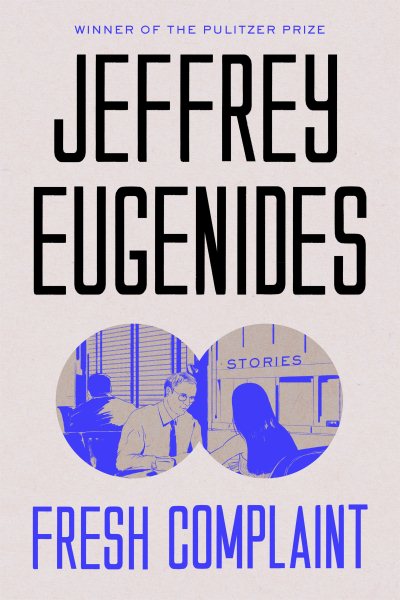 I lied. I had already cried, specifically while sitting by my apartment’s swimming pool and reading the story “Early Music.” I don’t think anyone saw, but if they had, I would have told them the truth–that one of my favorite authors has reminded me how much I love books, and that I am not sure I will ever be so passionate about anything else.
I lied. I had already cried, specifically while sitting by my apartment’s swimming pool and reading the story “Early Music.” I don’t think anyone saw, but if they had, I would have told them the truth–that one of my favorite authors has reminded me how much I love books, and that I am not sure I will ever be so passionate about anything else. And Tampax decides that their sponsorship of a woman’s novel warrants extreme “productivity encouragement” in the form of house arrest and abductions. Towards the middle of each story, I began to connect the bizarre details. But every single time, the story went even further, until I found myself whispering, “Ohhhhhh, I didn’t think she would go there, BUT SHE DID.” The story would not end until I was thoroughly unsettled and, frankly, creeped out in the best way possible. I pride myself on my ability to see plot twists from a mile away. With Helen Ellis, I had no idea what would happen in the next five seconds.
And Tampax decides that their sponsorship of a woman’s novel warrants extreme “productivity encouragement” in the form of house arrest and abductions. Towards the middle of each story, I began to connect the bizarre details. But every single time, the story went even further, until I found myself whispering, “Ohhhhhh, I didn’t think she would go there, BUT SHE DID.” The story would not end until I was thoroughly unsettled and, frankly, creeped out in the best way possible. I pride myself on my ability to see plot twists from a mile away. With Helen Ellis, I had no idea what would happen in the next five seconds.
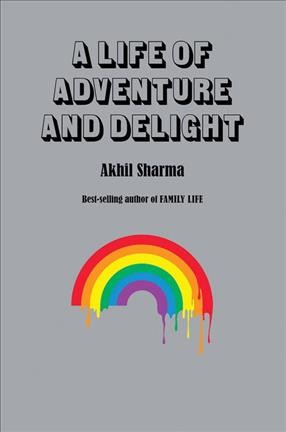
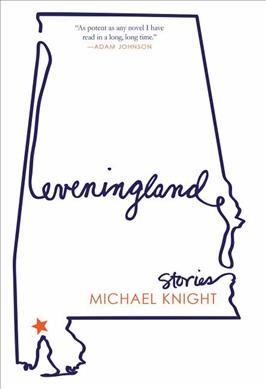 Eveningland is a collection of Alabama short stories that mostly take place around Mobile and the Gulf Coast area. A teenage girl holding a thief hostage in her home. A young art teacher trying to figure out her life. A vengeful husband. A boy with a summer crush. Knight does a skillful job of connecting these seemingly unrelated stories into a tale about the complexities of life in all its forms.
Eveningland is a collection of Alabama short stories that mostly take place around Mobile and the Gulf Coast area. A teenage girl holding a thief hostage in her home. A young art teacher trying to figure out her life. A vengeful husband. A boy with a summer crush. Knight does a skillful job of connecting these seemingly unrelated stories into a tale about the complexities of life in all its forms. My favorite story was “The King of Dauphin Island,” in which a real estate tycoon seeks to buy up and restore the crumbling island after the death of his wife. Relationships are at the heart of this collection, and I couldn’t help but care for each of the characters, though their struggles varied from infidelity to navigating middle-aged life.
My favorite story was “The King of Dauphin Island,” in which a real estate tycoon seeks to buy up and restore the crumbling island after the death of his wife. Relationships are at the heart of this collection, and I couldn’t help but care for each of the characters, though their struggles varied from infidelity to navigating middle-aged life.